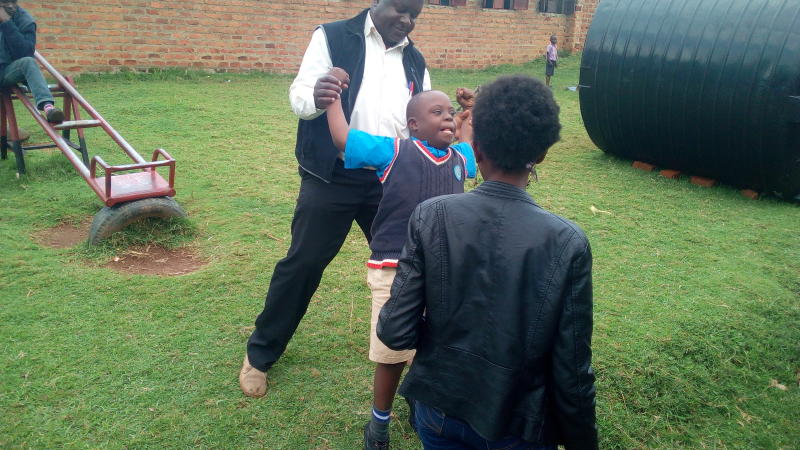×
The Standard e-Paper
Smart Minds Choose Us

It is not like Nicholas Malongo does not have a choice. If he wanted, he would simply not bother passing by Noordin Brighton’s home every morning to pick him for school.
It is not that the Teachers Service Commission (TSC) pays the teacher an extra coin to fuel his TVS KMEK 710K motorbike that now acts as a ‘school bus’ for Brighton and his friend Stephanie — both who suffer from Down Syndrome.